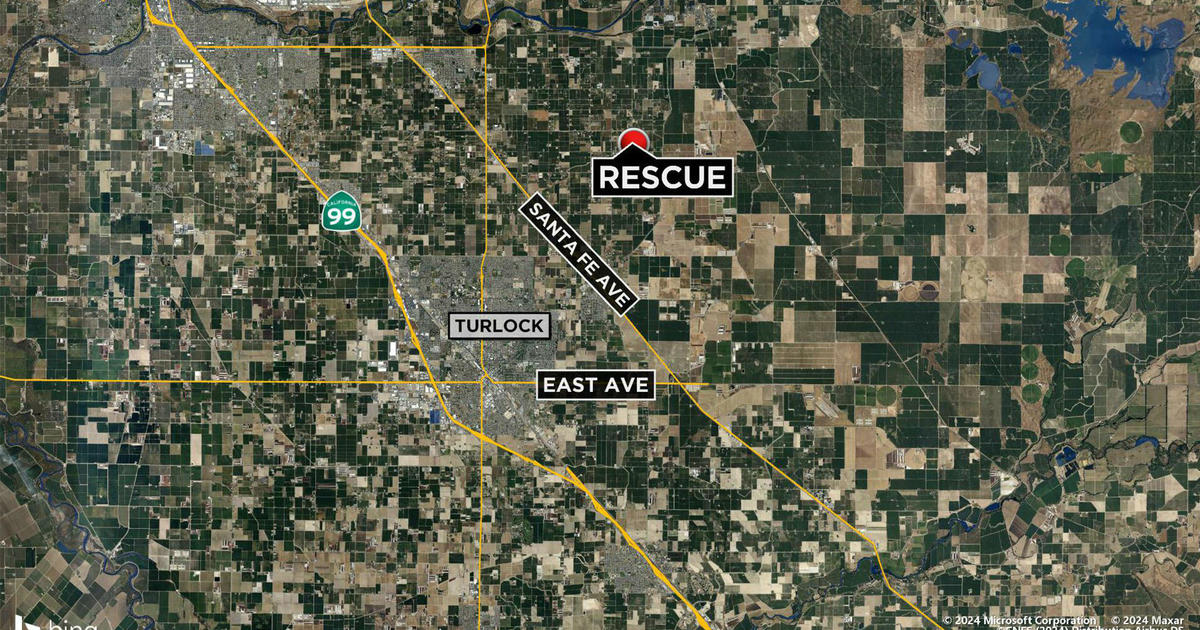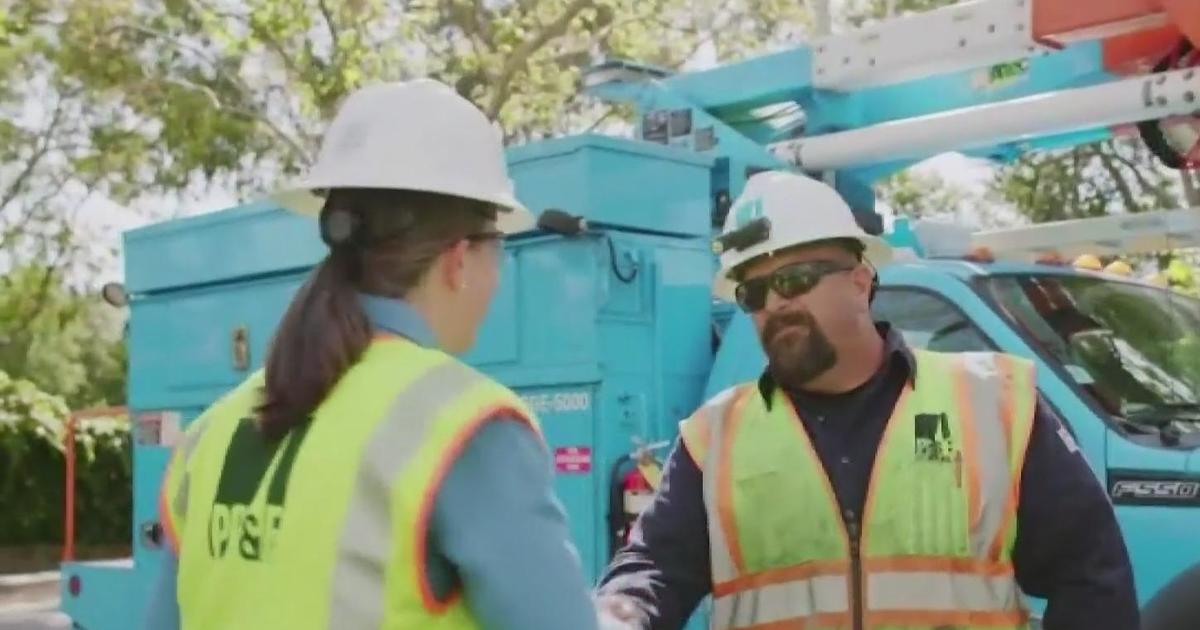California Water Rights System Is A Century-Old Knot That Will Be Difficult To Untangle
SACRAMENTO (CBS13) — The battle over California's water has centered around a water rights system that experts call the most complicated in the world.
Tucked down a lonely hallway is a place very few visit or even know exists. Behind a locked door in a Sacramento office building is the water rights records room. It's a room that's as eye-opening as it is overwhelming.
"These water rights are the story of the history of our state," said Jennifer Harder with the McGeorge School of Law.
MORE: California Drought Special
The floor is reinforced to bear the weight of 3 million pieces of paper that say how much water each rights holder is allowed. They're stored in filing cabinets and boxes, packed and stacked on shelves that moves.
The most ancient of California's water rights are locked away in a dusty old safe. Some of the documents date back more than a century.
To understand how this puzzle fits together, we needed a lawyer, which is where Harder comes in. She teaches water law at the McGeorge School of Law.
"I think it's very confusing for people coming in from the outside," she said.
It starts back in the Gold Rush days. Riparian rights were granted to the few who lived near rivers, but the mining camps needed to bring water in. That gave rise to a rule known as first in line, first in right.
"The first person to use water got all that they needed before anybody else got any," she said.
When it literally was the Wild West, all you had to do was post a sign on a tree to claim nearby water, as the mayor of San Francisco famously did back in 1902 at the Tuolumne River. There were no limits on how much water you could take back then.
"Integrating those water rights has been a major challenge," she said.
Formed in 1913, the state water board finally created a formal permit process for all water rights issued after 1914 now know as junior water rights. The board grandfathered in all the old ones, granting them senior water rights.
Critics say this set up an inevitable conflict between the water have and have-nots.
Steve Knell manages the Oakdale Irrigation District, and says the state's permitting process has been woefully inept and far too loosely enforced for decades.
"They've been so lax over the years," he said. "The state's been over-appropriated because they're giving out more water rights than they have water. Well, that's part of the problem, nobody's policing the books."
Experts explain that for years, some rights holders didn't even report how much water they used and instead checked a box that said they used some water.
"In many cases we simply didn't have the technology, and we didn't have the financial resources to invest in that measurement," Harder said.
Kathy Mrowka manages the State Water Resources Control Board's enforcement team. As the drought continues, she says improvements are being made to track how much water is in the system and how much is used. Users now make monthly reports.
"We can't continue with our past practices," she said. "We have to have good data on water diversion and use."
That was made tougher when initially, some who were ordered to stop pumping didn't respond to the state. As of early July, 44 percent of junior water rights holders complied with the curtailment orders. That doesn't sound like much until you consider those users account for 97 percent of the water demand curtailed.
Meanwhile, senior water rights holders are suing the state after they were cut off.
"The water wars in California have been going on a long time, and will probably continue in some fashion for some time to come," Harder said.
With a flurry of lawsuits surrounding the oldest rights in the state, it's a good time to be a water lawyer in California.
The state has threatened fines for those who ignore curtailments, even proposing a $1.5 million fine for the Byron Bethany Irrigation District on July 20.
State inspectors are now out in the field checking to see if anybody's still taking water after being told not to. The board declined our request to accompany them on inspections and would not comment on any pending enforcement actions.



